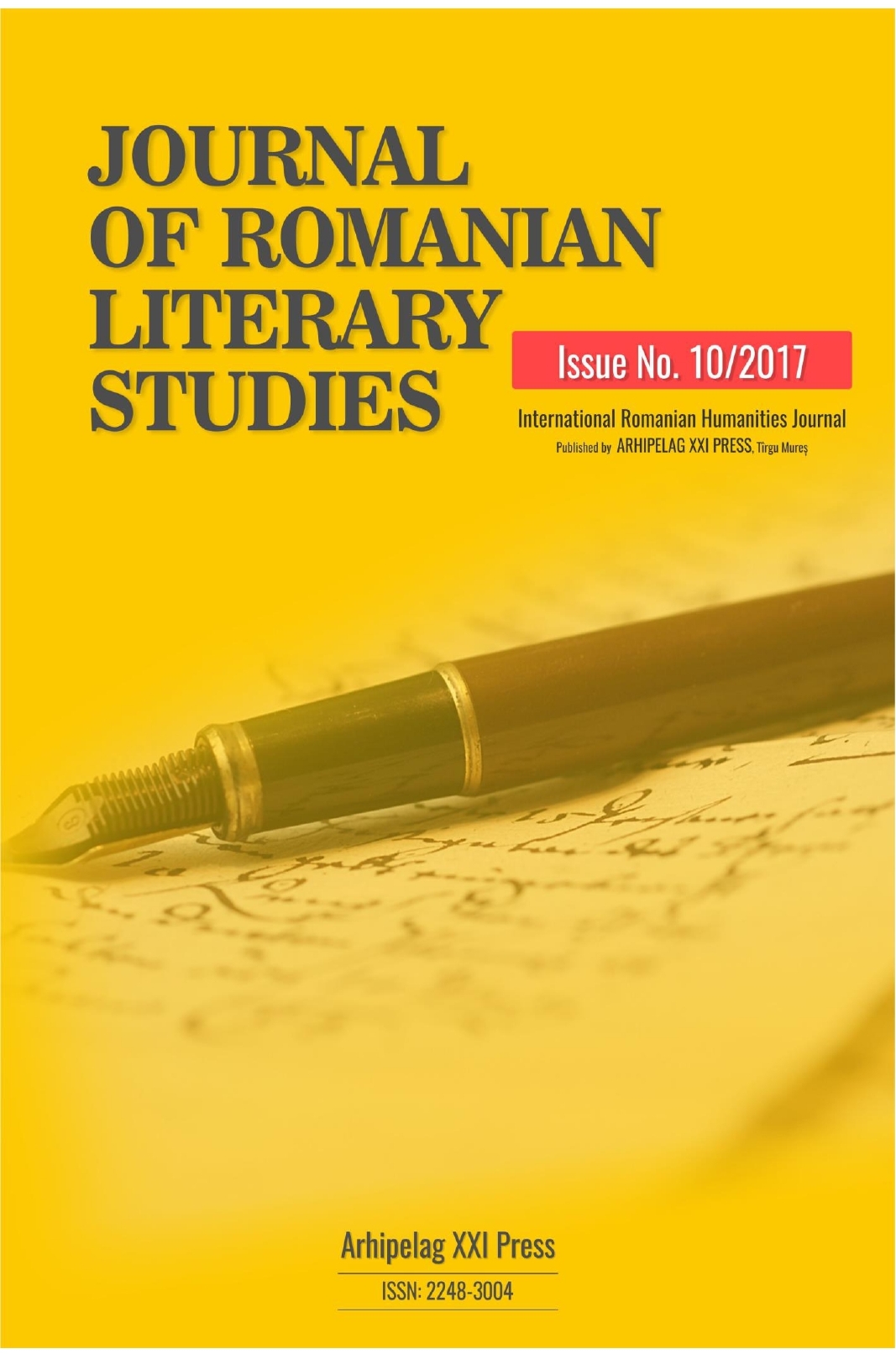TRAUMA AS A MYTHICAL VOYAGE IN WOLE SOYINKA’S “SEASON”
TRAUMA AS A MYTHICAL VOYAGE IN WOLE SOYINKA’S “SEASON”
Author(s): Daniela-Irina DarieSubject(s): Studies of Literature, Military history, Studies in violence and power, Theory of Literature
Published by: Editura Arhipelag XXI
Keywords: Nigerian war; anomy; genocide; Orpheus’ myth; social elite;
Summary/Abstract: Wole Soyinka’s fiction is defined by the tragedies of the Biafran War (6 July 1967 – 15 January 1970), by the pointless political struggle, with coups changing nothing, corruption and an exhaustive alienation within the Nigerian society. Chanting to only one god, personal wealth, the representatives of the nation deepen the anxiety and the uncertainty the commoner must endure. While Wole Soyinka’s first novel, The Interpreters (1965), reveals, beyond the sharp irony, an abiding hope in the light of the future, his second novel, Season of Anomy (1973), is an undisguised cry of pain, disillusionment, and fury, doubled by a sense of futility. Written in a period marked by Soyinka’s imprisonment, the novel tries to draw a certain equilibrium from old powerful myths, Orpheus’ journey in the underworld, and Ogun’s myth, the continuous struggle to translate the gods’ will to the obtuse human beings. The novel is marked by an existential sadness, not unlike the mood of the Nigerian nation of that period. Where The Interpreters employs an ironic smile in its attempts to propose a strategy for surpassing the social and economic chaos Nigeria has fallen victim to, Season of Anomy crawls amidst dead, wounded, pained and insane, turning all its hopes to a god sensitive to words and music. The anomic character of the Season lives the horror, suffers the pain, and his answer is the answer of an artist hoping that his translation of the event would somehow modify its consequences. A similar desperation, incongruous and obnubilating, creeps in and out Soyinka’s memoirs, The Man Died. Prison Notes (1972), a statement of a hurt human being, crying out his disillusionment in humanity, in the meaning of life, in the order of sanity. It is, like Season of Anomy, and so much more, the result of a deep trauma, the perish of a philosophy, but at the same time, the birth of a new perspective on the role the African artist must play in re-structuring his/her society.
Journal: Journal of Romanian Literary Studies
- Issue Year: 2017
- Issue No: 10
- Page Range: 696-701
- Page Count: 6
- Language: English

